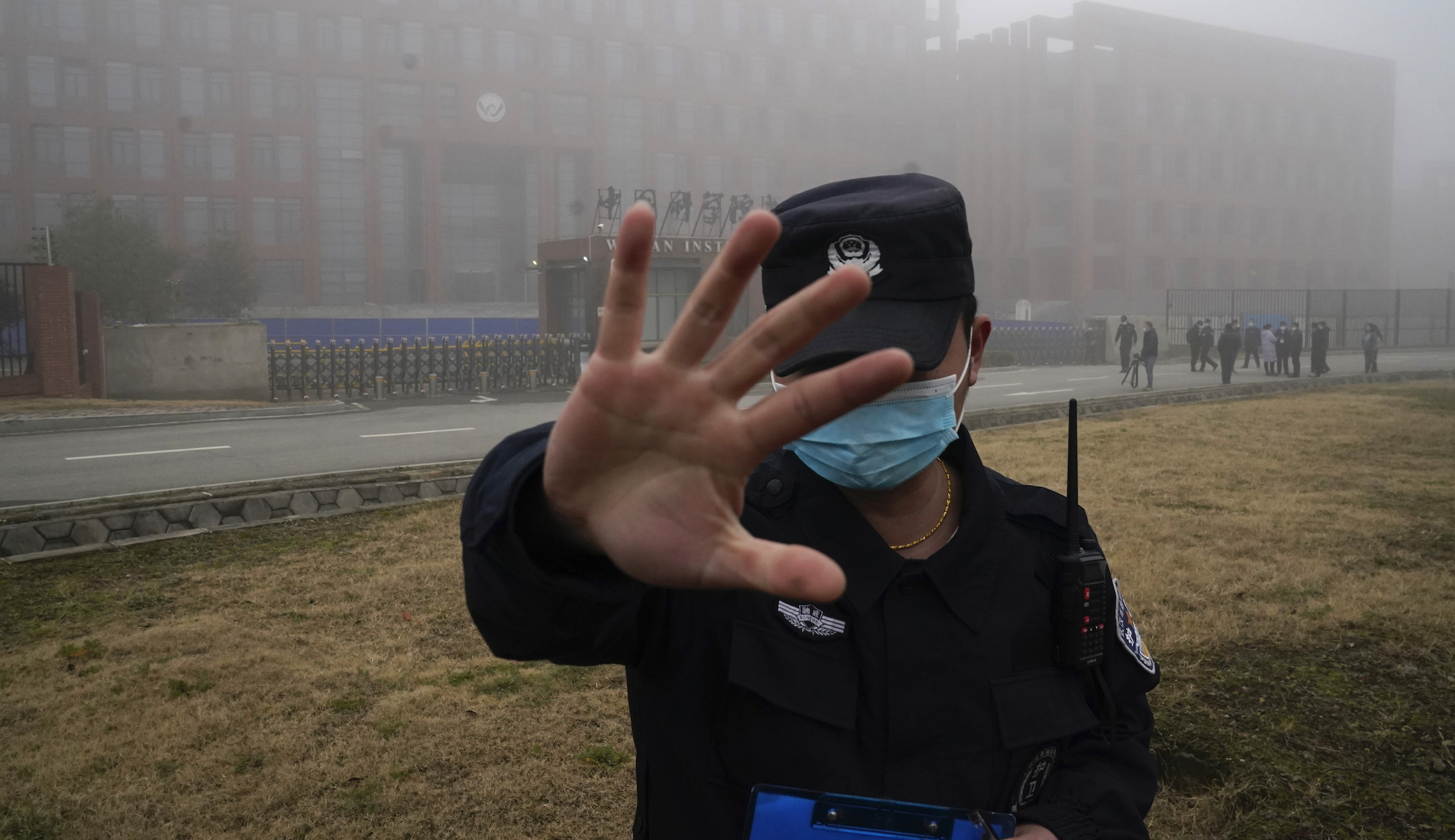The National Institutes of Health is providing more viral research funding, including related to bat coronaviruses, to U.S.-based EcoHealth Alliance, linked to an infamous Wuhan lab.
The federal agency had announced in August it was finally cutting off a subaward through EcoHealth to the Wuhan Institute of Virology after the lab continued to refuse to hand over key information about the coronavirus research it conducted with U.S. tax dollars, but the NIH nevertheless gave EcoHealth further bat coronavirus funding the next month.
The NIH, through the National Institute of Allergy and Infectious Diseases, announced a new award for EcoHealth on Sept. 21, with the goal of “analyzing the potential for future bat coronavirus emergence in Myanmar, Laos, and Vietnam.” The new award, AI163118, gave EcoHealth $653,392 for 2022.
NIAID has been led by Dr. Anthony Fauci for decades.
NIH ENDS SUBAWARD TO WUHAN LAB AFTER CONTINUED STONEWALLING

The massive cash support has come to light after NIH Deputy Director Michael Lauer said in August that the Wuhan lab, which has been suspected as the possible origin of COVID-19, had refused to turn over lab notebooks and electronic files connected to its research funded through an NIH subaward given to it by EcoHealth.
“Two major coronaviral diseases of wildlife origin have emerged in Asia in the last two decades. Both likely began as zoonotic spillover events, leading to small case clusters, but were not identified until significant community spread made control difficult, and in the case of COVID-19, led to a pandemic,” EcoHealth said in its newly successful grant abstract last month, contending that COVID-19 likely emerged in nature rather than through a lab leak.
The Office of the Director of National Intelligence released an assessment in 2021 stating that one U.S. intelligence agency assessed with “moderate confidence” that COVID-19 most likely emerged from the Chinese government lab in Wuhan, while four U.S. spy agencies and the National Intelligence Council believe with “low confidence” COVID-19 most likely has a natural origin. Fauci has said a natural origin is most likely.
“Our results will provide detailed information on the risk of future CoV spillover and spread and will inform potential public health interventions to reduce spillover risk and outbreak potential,” EcoHealth also said in its successful grant proposal. “They may also provide data on wildlife reservoirs and community spillover events of relevance to the origin of COVID-19.”
EcoHealth leader Peter Daszak was a longtime collaborator with the Wuhan lab who steered hundreds of thousands of dollars in NIH funding to the Chinese lab and was also an integral World Health Organization-China joint study team member in early 2021.
Daszak also dismissed the lab leak hypothesis in March 2021 when he admitted he took Wuhan lab workers at their word. Meeting minutes from discussions between lab scientists in Wuhan and the WHO-China team reveal lab leak concerns were referred to as “myths” and “conspiracy theories.”
Despite the Wuhan lab’s opacity, the NIH still said in August that NIAID “will begin to engage with [EcoHealth] to renegotiate the specific aims and objectives of the R01 grant without the involvement of [Wuhan Institute of Virgology] … in light of the cooperation from [EcoHealth] and the substantial subsequent improvements in administrative processes that [EcoHealth] demonstrated.” Bat coronavirus funding for EcoHealth is now back.
CLICK HERE TO READ MORE FROM THE WASHINGTON EXAMINER
Republicans say the findings showed EcoHealth was funding risky gain-of-function research in China.
The NIH had been run until recently by Dr. Francis Collins, while Fauci still leads NIAID.

